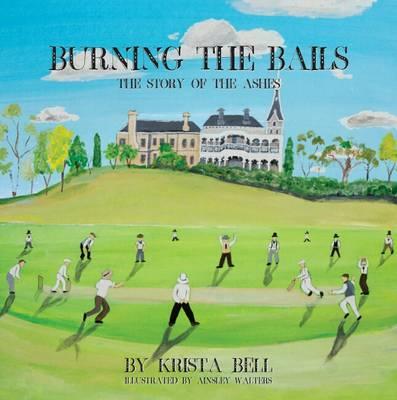Vince Copley (with Lea McInerney) The Wonder of Little Things, ABC Books HarperCollins, January 2024, 277 pp., RRPS $22.99 (pbk), ISBN 9780733342462
Vince announces this book as a simple story of simple person who has lived a long life. But it is far more than that. Vince narrates his life as it unfolds with many fascinating, sometimes tragic and sometimes delightful details. He was born on the shores of the Spencer Gulf in South Australia and raised on an Aboriginal mission during the late 1930s. His father had died of TB, and later his brother from a septicaemia after a scratch on a knee. His mother was always anxious that Vince, her youngest, would be taken from her. So he had to stick close to her when they moved to Adelaide, and later to Leigh Creek north of the Flinders Ranges. In Adelaide his mother was briefly notorious for marrying a white man who turned out to be a bigamist. Once Allan Copley completed a prison sentence for this offence, they lived together, and Vince changed his surname from Warrior to Copley. While in Leigh Creek Vince met with Adnyamathanha men from Nepabunna who were connected to Barney Warrior (in fact ‘Waria’ in Ngadjuri), Vince’s grandfather. This was the beginning of Vince’s understanding of a wider indigenous heritage and culture.
On his own initiative, Vince moved from Alice Springs to board at St Francis House in Adelaide, from where he attended local schools and became a footballer. Coming to notice at State level for his teenage football talent, he was invited to play at interstate carnivals. To do this, because he was Aboriginal, he needed permission from the Aborigines Protection Board. But to gain this permission he needed a birth certificate. He didn’t have one. The technical school he was attending managed to persuade the relevant registry to issue a birth certificate anyway in the name of Copley. Playing in these elite games was a wish come true, though he still had to endure the crowds telling them to ‘get back in your tree’.
Vince was 16 when his mother had died aged forty-four. By now, he was an apprentice boilermaker playing under 19’s with Port Adelaide, where he won their best and fairest medal for the season. He was becoming more aware of a system that worked against his people at every turn. Around this time changes were made to the South Australia Summary Offences Act which allowed police to arrest any aboriginal person seen talking (for no good reason) to a white person in public.
Vince left Adelaide to return to Point Pearce on the gulf. There, the Curramulka Football Club gladly signed him up. In this town no one hesitated to invite him to dinners and dances. It was a good life again. He was made Captain-Coach for the 1957 season, at the age of twenty. Coaching millionaire farmers and seasoned older white men, he took the team to three premierships in three years.
At away games, when the team went to the local town pub, sometimes the publican would pick Vince out and tell him, ‘Sorry but I can’t serve you.’ Vince would say, ‘That’s okay, I don’t drink anyway.’
Vince married Brenda Thomas, daughter of a local farming couple, and they had a daughter and a son. Vince travelled with Charlie Perkins across the north of Australia in the early 1970’s, learning about the richness and diversity of Aboriginal and Torres Strait cultures, and bringing to them a new awareness of their political rights. Vince died in 2021, not long after this book was finished. His story is important. It is gently told, carrying much wisdom—and gratitude too for the gifts life offered him. I loved this book, and hope that it has many, many readers.
Recommended for readers from ten to one hundred.
Reviewed by Kevin Brophy






